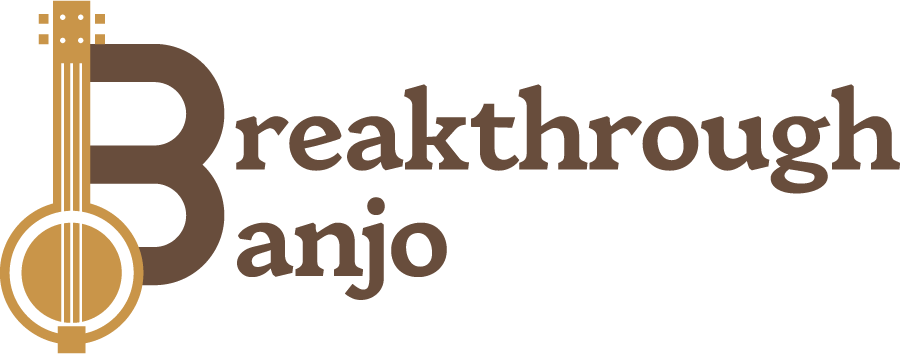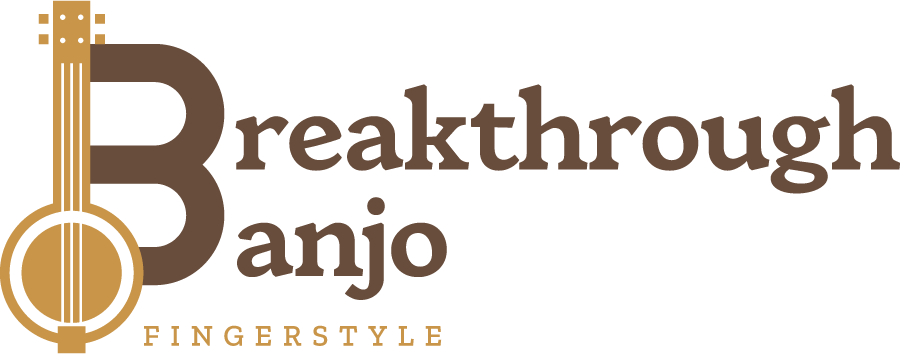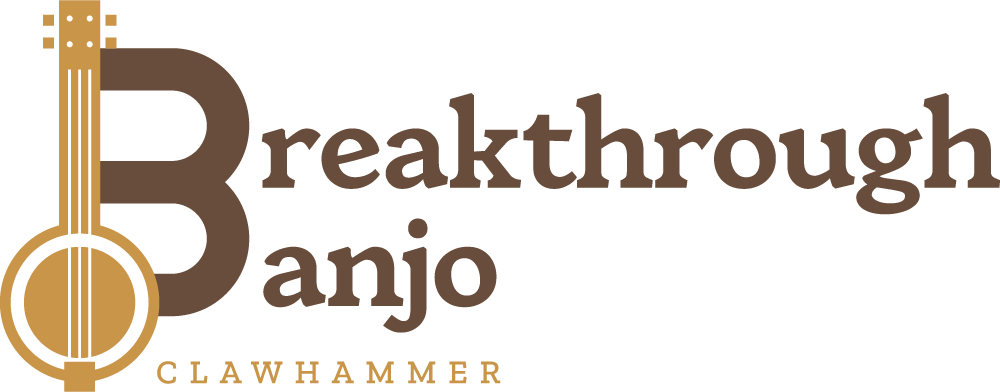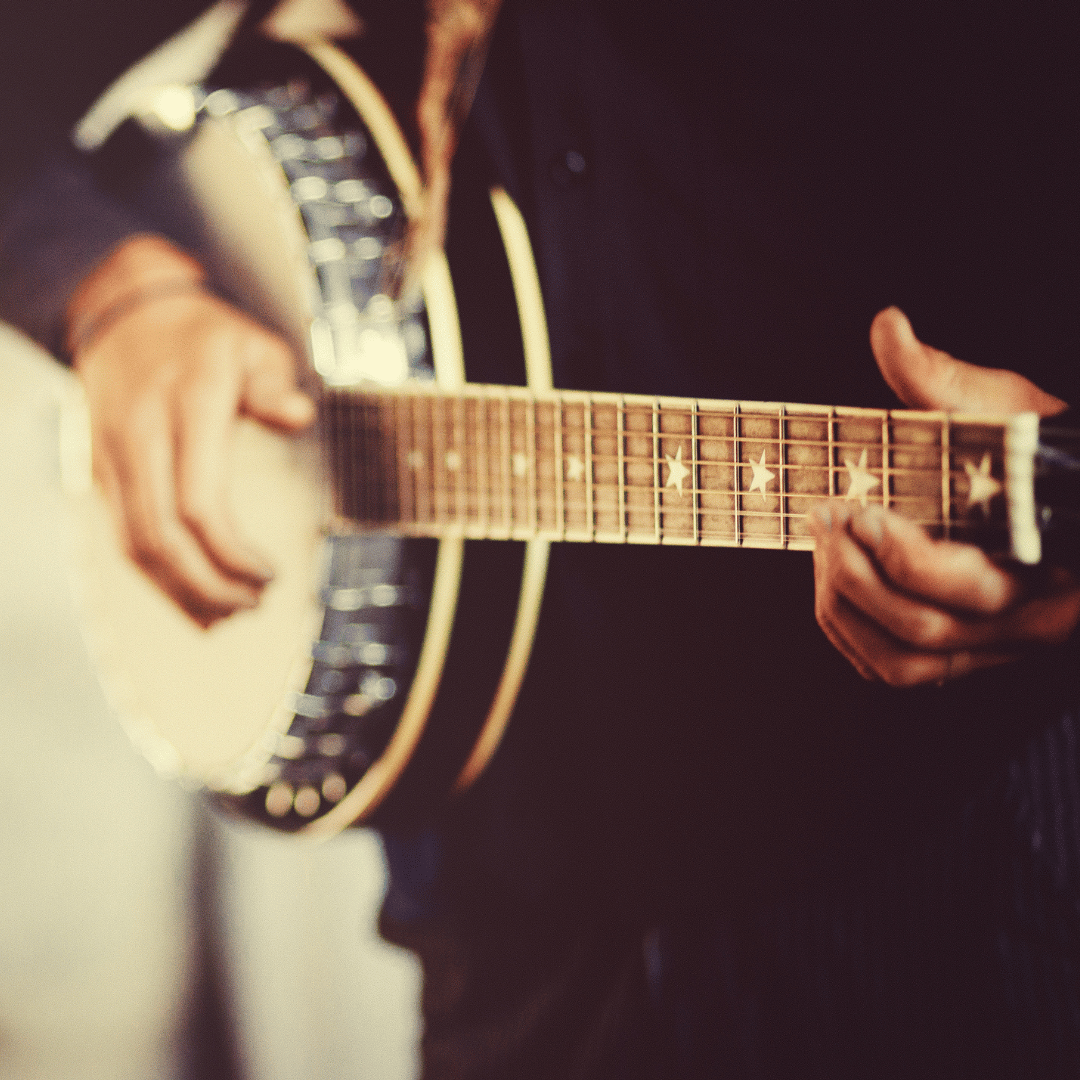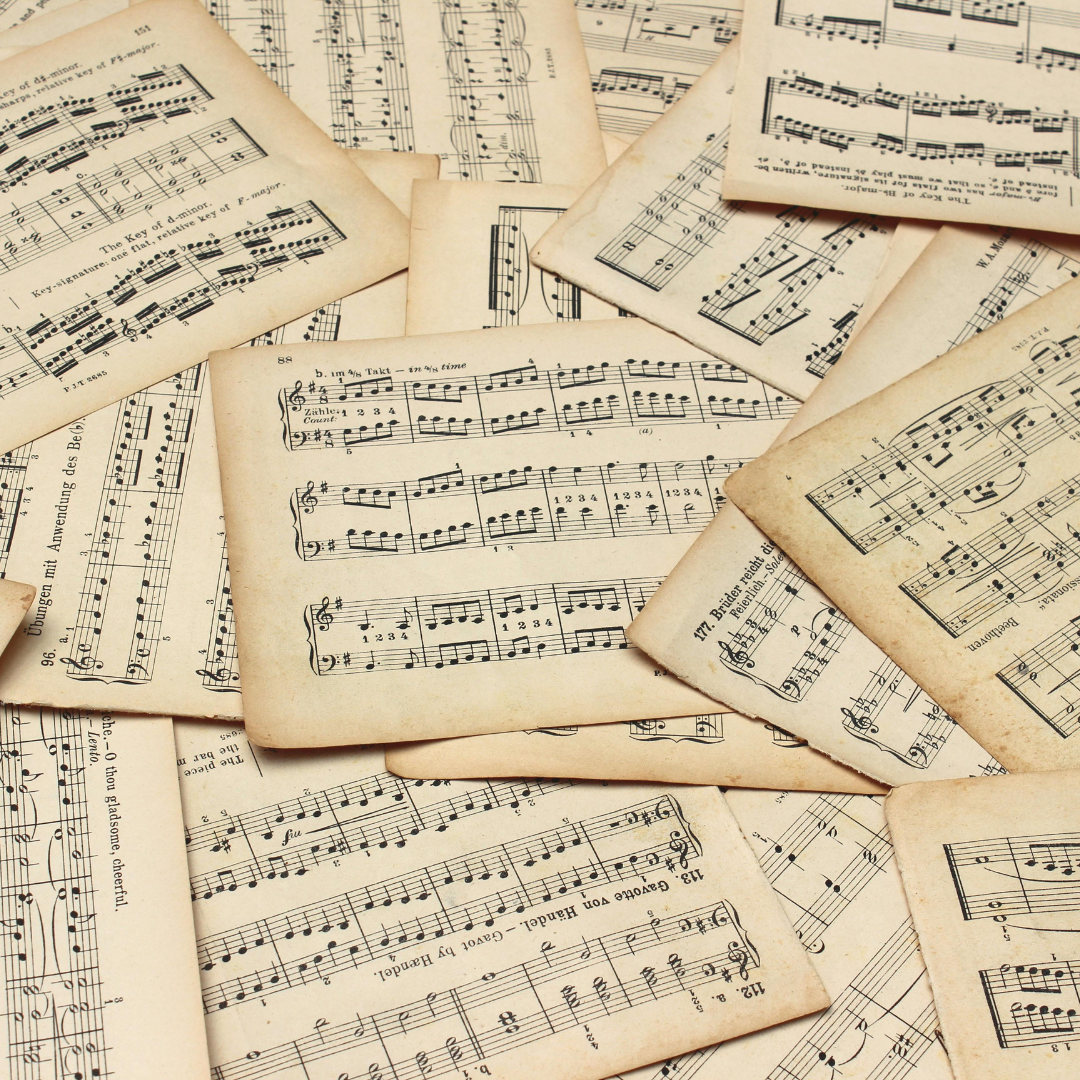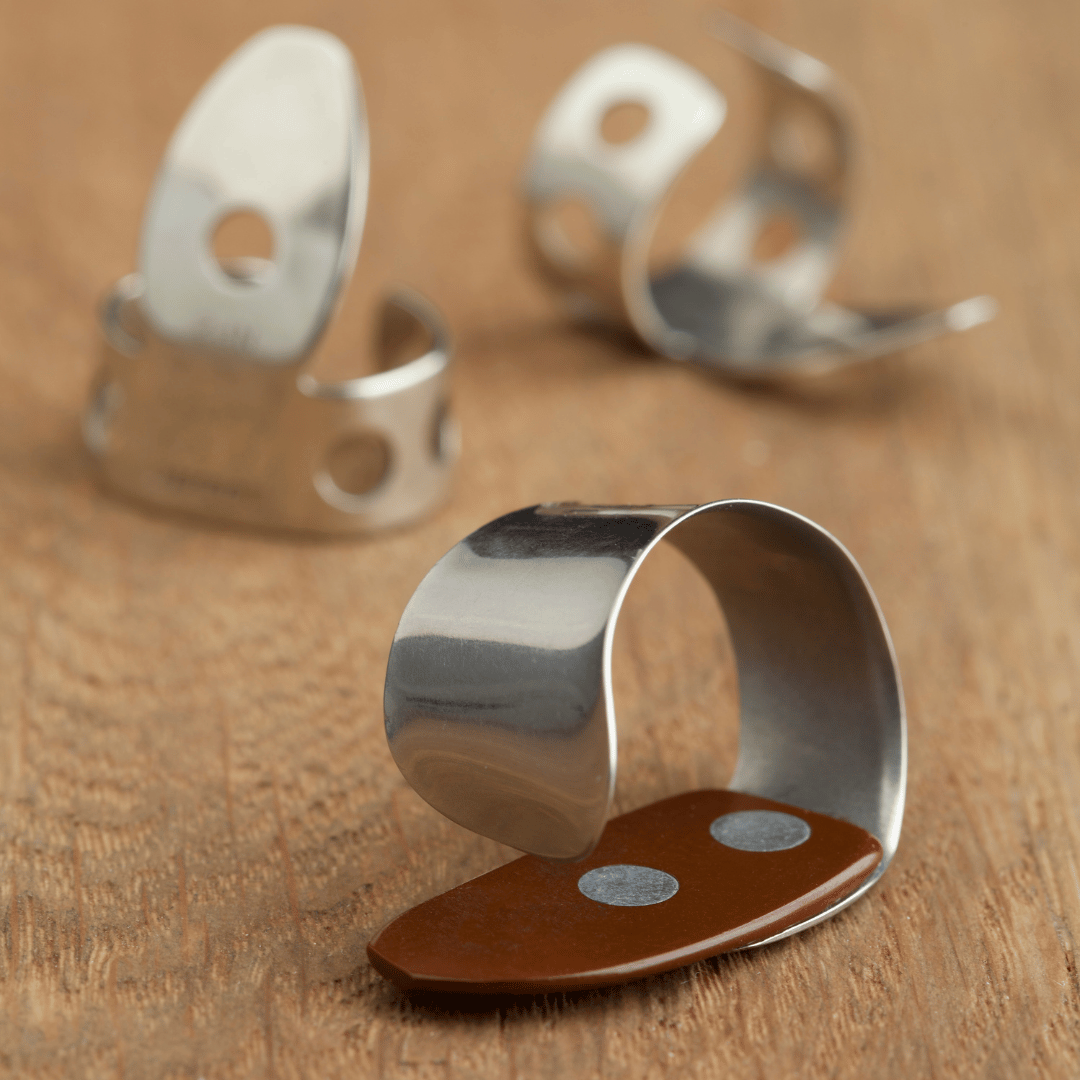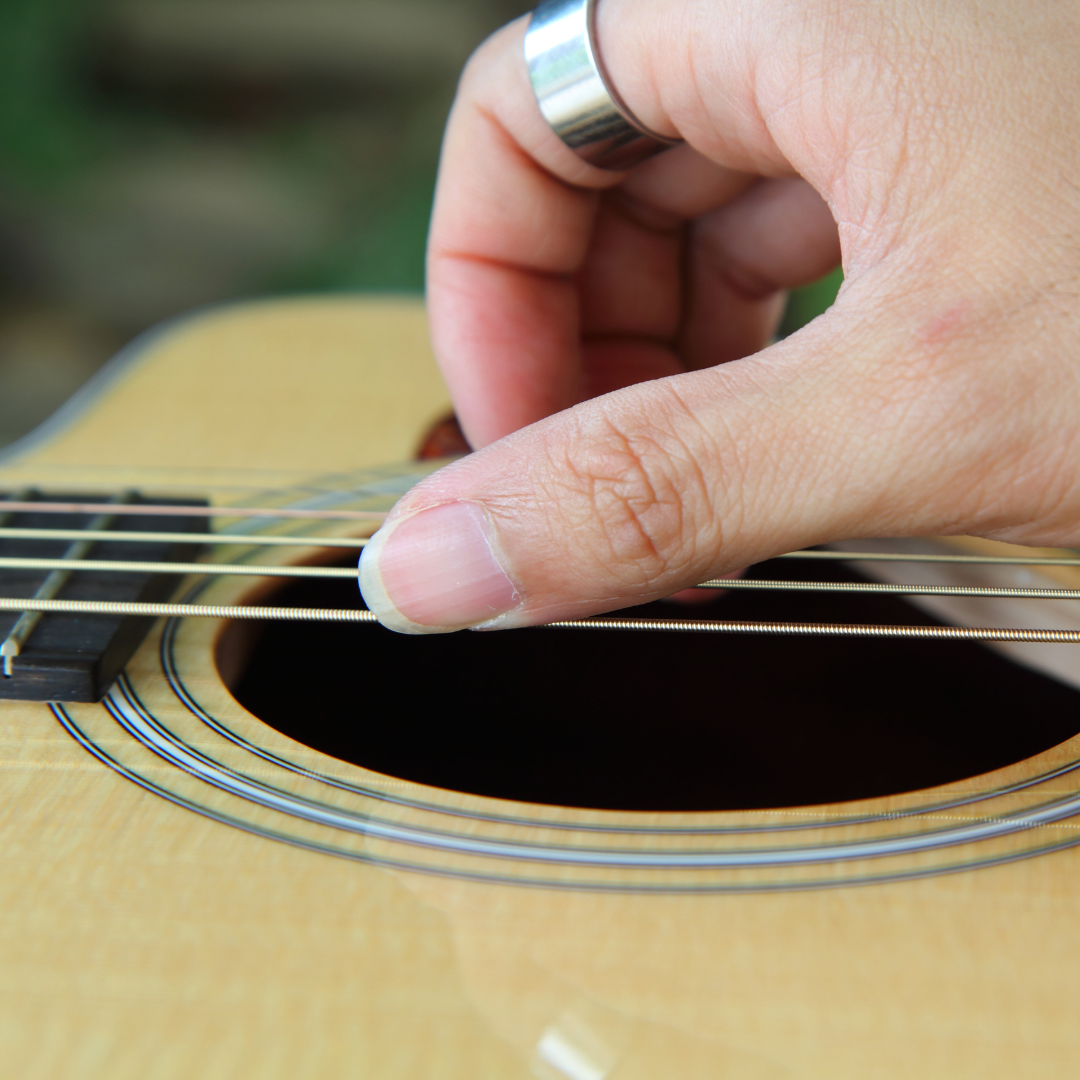How much will I need to practice?
Consistent practice is more important than long sessions when learning banjo. Practicing 30 minutes a few times a week with focus will lead to steady progress.

There are so many myths and misconceptions when it comes to learning music:
- You have to be young.
- You have to have natural talent.
- You have to do loads of tedious drills and scales.
- You have to have lots of "discipline."
- You have to practice for hours every day.
These aren’t just wrong, they’re harmful. They’ve deprived millions of people of the joy of making music and led to banjo practice routines that emphasize quantity over effectiveness. Let’s tackle that last one about banjo practice time.
What’s the goal of practice?
To discover how much time you need to practice, it’s important to understand the goal of practice.
To get better, right? Duh.
But what actually must happen for us to get better? Our brain must change.
Just like the goal of a gym workout is to stimulate our muscles to change, the goal of practicing an instrument is to stimulate our brain to change.
Period.
The goal of practice is to send our brain the signal to grow, which happens when we sleep.
So, how much practice does it take to stimulate brain change?
The science: why 15–20 Minutes is enough
Fortunately for us, we have neuroscientists like myself who've studied just that kind of question!
And the answer? Research shows that it’s about 15 to 20 minutes of focused banjo practice. Sometimes shorter, depending on the task.
Once you've sent the growth signal to your brain, additional practice isn't going to make much difference.
It's just like your muscles. Doing two hours of biceps curls isn't going to give you gigantic biceps, it's just going to deplete all your resources for growth and recovery.
Quality vs. quantity in banjo practice
And far more important than the quantity of your practice is the quality of it. Because that's what really makes the difference between whether or not our practice is productive.
- Short, high quality practice will stimulate change and lead to progress.
- Long, low quality practice will not.
Long hours of ineffective practice just lead to frustration.
Making practice feel fun
Here’s the thing though, the only reason we might worry that we won't practice enough is because we equate practice with drudgery.
If I said in order to get better you'd have to spend 20 minutes eating ice cream every day, would you worry you couldn't do it?! Of course not.
If your practice doesn't feel that way, it's time to stop and re-evaluate.
There are really only two reasons why you might find it hard to practice "enough."
- You don't actually want to learn the banjo.
- There's something amiss with how you're learning.
Whatever learning path you've been given isn't bringing you joy, so the solution there is to find one that does.
Practicing in the sweet spot
Learning the banjo should be fun. It makes it more enjoyable and it makes it more effective.
Practice is effective when what you're learning is in your sweet spot. If it's too easy, you get bored. If it's too hard, you get frustrated.
If it's just right, you can't get enough.
When learning is in your brain's sweet spot, it loves it. It's addictive. That's what brings you back. That's what creates the virtuous cycle of growth.
Why Breakthrough Banjo works
In developing the Breakthrough Banjo course over the 10 years, my number one objective has always been that it must be fun.
Not just because I wanted people to like it. But, more importantly, because I want it to work!
We are all wired to find effective learning extremely rewarding. So, if it's not fun, it isn't working.
Final answer: How much to practice banjo
So, yes, 15 to 20 minutes of focused practice is what the science says you need to stimulate the growth that leads to progress.
But the truth is, you should never have to worry about that.
Because when you find the right learning approach—one that puts you in that sweet spot where challenge meets capability—those 15-20 minutes will feel like they fly by. You'll find yourself wanting more, not watching the clock.
This is why I've spent over a decade now obsessing over every detail of how banjo learning should work. Every lesson, every exercise, every progression has been designed around one simple principle: if it's not engaging enough that you lose track of time, it's not working.
Your brain will get the growth signal it needs. You'll make real progress. And most importantly, you'll remember why you wanted to play music in the first place.
The science is clear: effective learning doesn't require suffering. It requires the opposite.
So the next time someone tells you that learning banjo means years of boring scales and grueling practice sessions, you'll know better. You'll know that the most powerful learning happens when your brain is having fun.
Which means you'll never have to worry about how much you should practice again.
